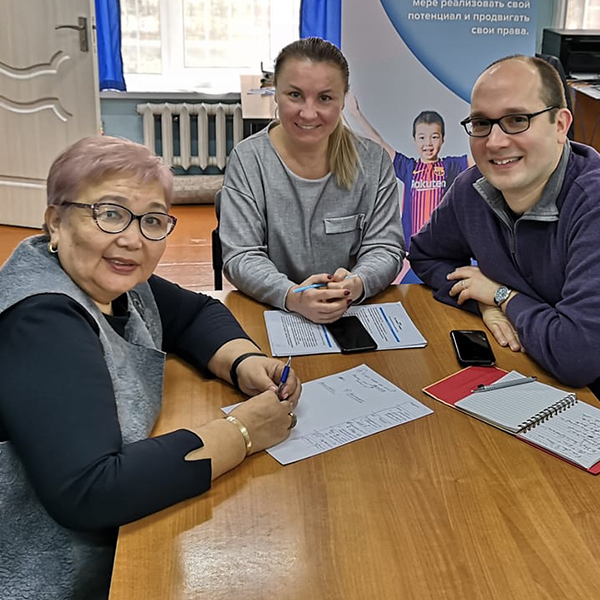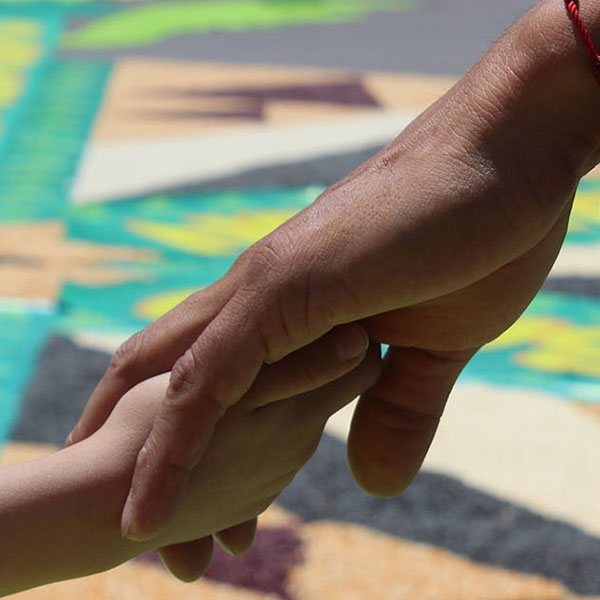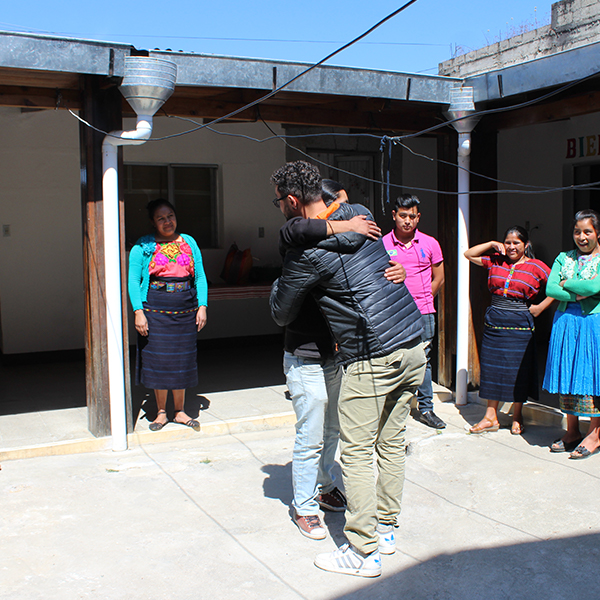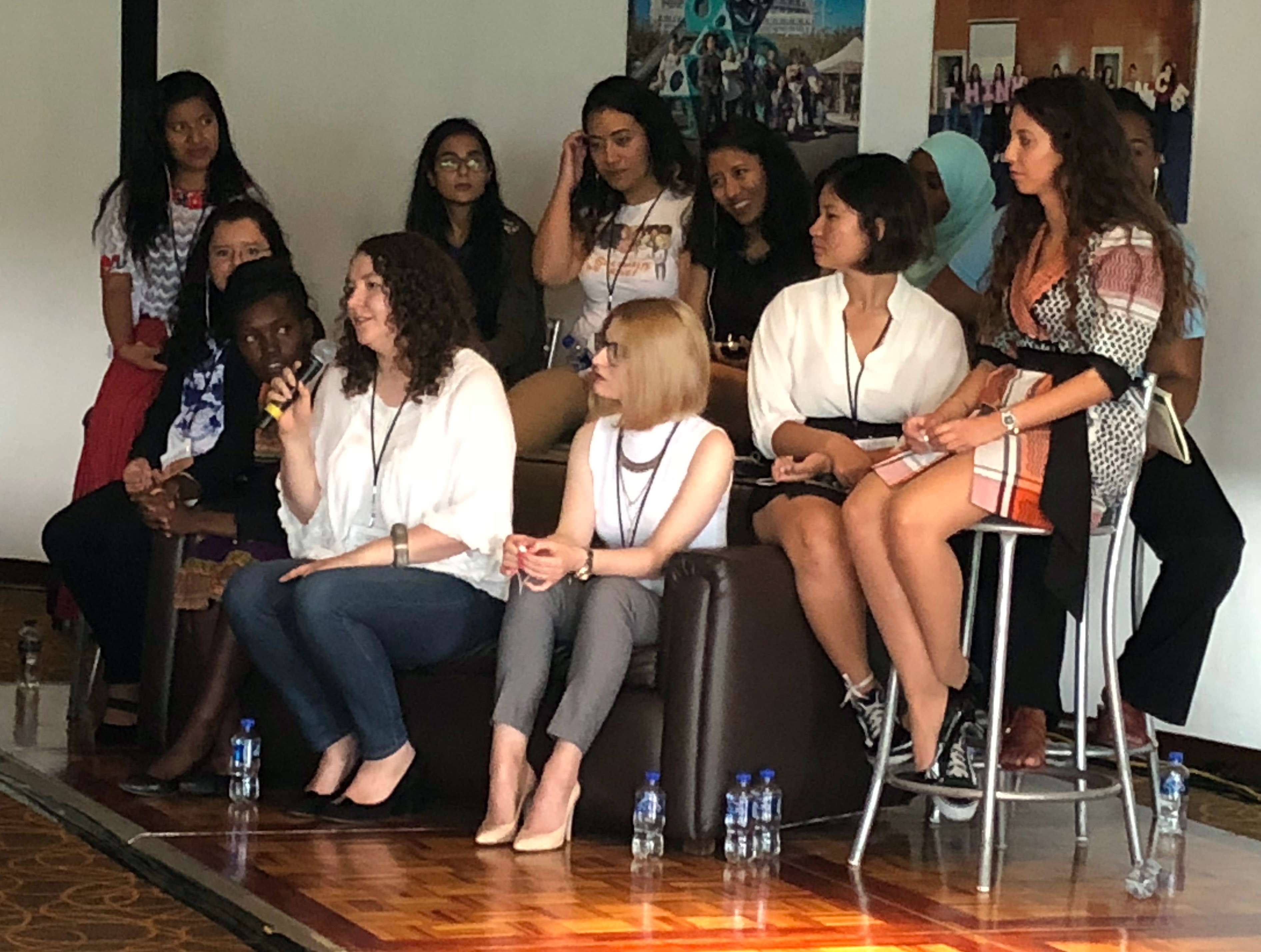Providing our local partners with nonfinancial support is a huge part of what we do. We’re exploring ways to become even more effective.
Across the last year, GFC spent several months in internal discussions with our staff and partners about our support “beyond the check.” We asked ourselves: How can we support our partners to connect with each other in meaningful ways? Do youth-led organizations have specific needs we should consider?
We also acknowledged the growing awareness that capacity is more than organizational systems and policies. While systems and policies are important, they aren’t enough to turn the tide on deep-rooted problems in an uncertain world. How can we help our partners make progress on their long-term social change agendas?
Our conversations about nonfinancial support continued at the 2019 annual conference of the Africa Grantmakers Affinity Group (AGAG) in New York City, where we facilitated a roundtable discussion on organizational capacity development. This sparked the idea for an online series on the topic. We were grateful for AGAG’s support to co-host the series, “Strengthening Support Beyond the Check,” to expand this conversation so we were no longer talking to ourselves. We wanted to process questions and experiences with other funders dedicated to effective philanthropy in Africa.*
We focused on three broad topics across the series, including supporting grantee networks and collaboration, developing capacity beyond organizational systems, and effective support for youth-led organizations.
Drawing from our conversations, here are six recommendations for funders and philanthropists:
1. Strengthen networks … where it makes sense
Several funders discussed how our partners often appreciate the space to step back from the daily to and fro and make connections with other groups, including other grantees of the same funder. Sometimes these connections flourish and other times they falter. Why do we attempt to build networks among grantees?
Some participants urged us to acknowledge that sometimes these efforts fail if they are too focused on funder perspectives and not on actual needs. Participants also noted that grantees appreciate the space to allow connections to grow organically and that pressure to build relationships can lead to frustration and wasted energy. Most organizations have existing networks – they will only gravitate toward relationships that have clear mutual benefit that power imbalances do not negatively affect.
2. Remember that organizations are made up of people
Some funders noted that when using convenings as a platform to connect organizations, it is important to carve out time for people to get to know each other as individuals – not just as representatives of their organizations.
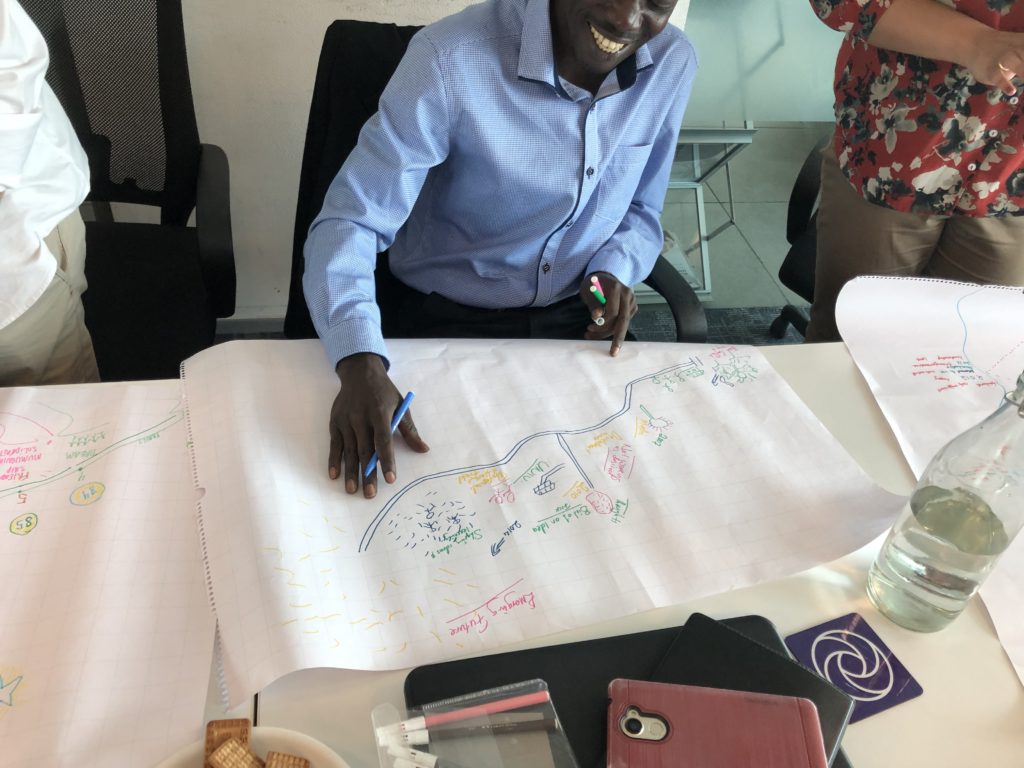
For example, at GFC convenings, we sometimes facilitate a “river of life” activity where participants share and illustrate their intertwined personal and professional journeys. Other funders echoed our own experience that providing space for partners to participate in social, cultural, or wellbeing activities are equally important when hoping to foster relationships. Organizations are more likely to find common ground when the individuals in them can make personal connections.
3. Tailor support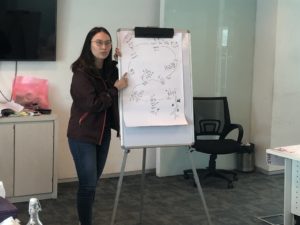
Support to partner organizations is most effective when it is tailored to specific needs, according to some of the funders in the series. Some grantmakers struggled with the vast range of support they could provide and opted to build their own expertise in certain areas – such as advocacy or targeted program design – to narrow the possible interventions. Others augmented staff capacity by making consultants or specific technical assistance available.
Some commented that if a funder tailors its nonfinancial support to a very specific area, it is important not to lose sight of the big picture and recognize that organizations also have other needs. Different funders for the same partner also have the opportunity to coordinate on the support they provide. Funders shared that they commonly receive requests for support in monitoring, evaluation, and learning; leadership; connections with other funders; funding proposal development; and specific technical areas.
4. Invest flexibly for the long term.
Several funders noted the benefits that can accrue from multi-year partnerships:
-
- Organizations can structure capacity development plans and put them into action across time.
- Funder site visits carried out across a long-term period are opportunities for partners to demonstrate their accomplishments.
- Long-term flexible funding also allows organizations to adapt to address their evolving capacity needs and react quickly to changing situations – a key skill for today’s nonprofits.
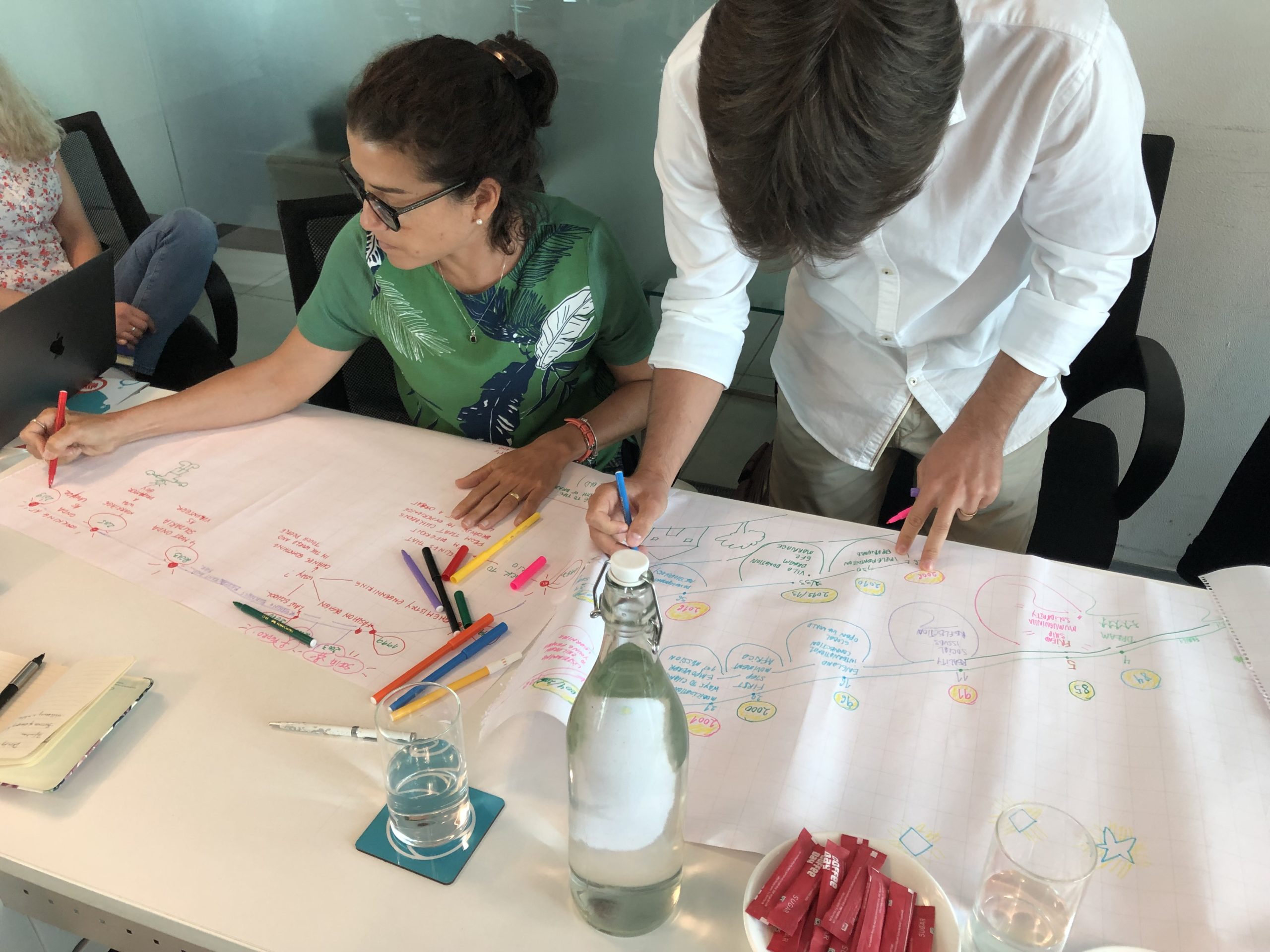
5. Move beyond youth voice
Some participants discussed the need for funders to advance their youth engagement, beyond merely asking youth for their opinions and assuming that young people have plenty of time to devote as volunteers. Funders encouraged each other to help youth-led organizations reach the point where they can employ young people to do advocacy work as paid professionals.
Some noted a gap in funding for youth-led organizations and the particular challenges these groups face as they advance social change. While not every youth-led group aims to formalize its structure, some funders mentioned the need to support organizations on this journey, particularly with general operating support, which can allow groups to create more sustainable opportunities for young people.
6. Create leadership platforms for young people
As funders grappled with the notion that youth are often seen as problems rather than as credible leaders, some offered suggestions of how grantmakers can help tip the scales:
-
- Create virtual and in-person opportunities for young people to gain credibility as thought leaders and to participate in policy dialogues and national and global forums.
- Help young people raise their profiles by opening space for them to express their views in the media, or by funding young researchers to attend conferences in their field to contribute to, discuss, and publish their work.
- Intentionally involve young people in decisions about how funding is allocated.
- Provide internships for recent graduates to gain relevant professional experience.
GFC is grateful for the opportunity to connect with our peers through this collaboration with AGAG and the collective wealth of insight from colleagues. We believe in the value of dialogue and sharing experience to push us toward more effective grantmaking in Africa and elsewhere and look forward to delving into these topics more at AGAG’s 20th anniversary conference this May in Johannesburg.
* The discussion series served as an off-the-record space for funders. As such, we don’t mention participants or specific initiatives by name or identifying details.
